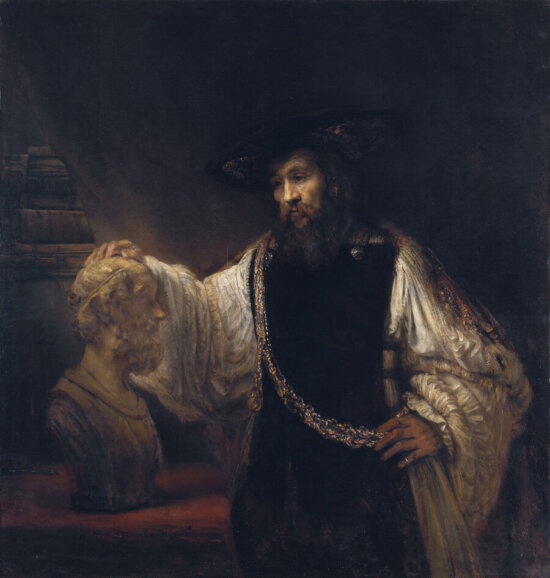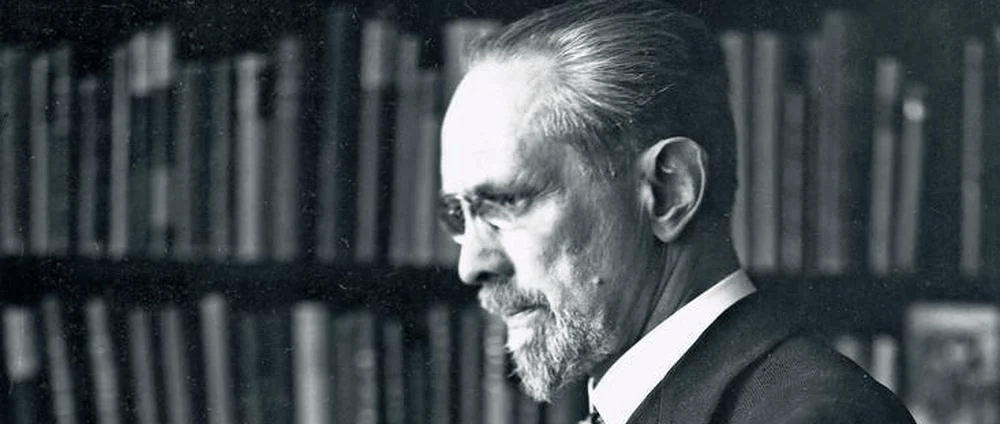Putting Puzzle Pieces Together

Suppose you thought that you had a past life in which you perished, by one of the methods in the Nazi repertoire, during the run-up years that culminated in the Holocaust. I mean, suppose you entertained the possibility seriously – not as a mere thought experiment or mind game.
That’s what I do think, but why should I think it seriously? What could that mean? Especially since there are excellent reasons to dismiss my thought as a projection or morbid fancy. For one thing, unlike the purported “non-survivors” whose stories were collected by Sara Rigler in her recent book, I’ve Been Here Before: When Souls of the Holocaust Return, I am pursued by no vivid nightmares or daytime flashbacks. Though I researched the Shoah when I wrote A Good Look at Evil, I never had the “fascination” with it reported by Rigler’s subjects. The hypothesis that my memories are “real” would account for some incidents of my life, but so would naturalistic explanations. And for physicalists, who adopt the mainstream view that we die when our bodies do, extra-physical hypotheses would be dismissed out of hand.
What tips it to the side of crediting these putative memories, for me? Just this thought experiment: I reviewed the linear series of memories of my present life as well as I could, but this time fitting them to the episodes remembered from the previous life. In the ensuing lengthened life review, I treated the episodes from a previous life as scene #1. Following that, I treated the childhood and adult scenes from my present life as scenes #2 and #3 of the same continuous narrative.
Immediately, without exercise of will or interpretation, the memory series from this life seemed to lock into the series from the previous life-like links that form the same continuous chain. It was like hearing the click of the lock. I had the sense – that fits, that’s mine.
Is that dispositive? Not in any court of law I know of, nor case history from the annals of experimental psychology. Does it lay any burden on me? If peaked curiosity were my biggest reaction, I don’t have the data that would allow me to take that curiosity any further. And the phenomenon itself would ask nothing further from me.
However, no such luck. What I next felt was a surge of anguish nearly intolerable. Followed by a sudden drop in energy. Right away, I was very tired. The symptoms of an incipient cold set in, which were treated with home remedies and gone a day later. I used the new home kit to test for covid but tested negative. I still feel quite weak.
To me, this all has the look and feel of a spiritual crisis. When they happen, they feel unprecedented, but I’ve lived through them before. The clergy are trained to deal with those things. I made an appointment to talk to my Reform rabbi. In the nineteenth century, the Reform movement set out to be modern but did leave room for the mystical strands in Judaism.
Meanwhile, in the last few years, a Chabad group has set up a synagogue with related activities in our town. Sara Rigler’s book made clear that the orthodox have no trouble with phenomena suggestive of reincarnation. It’s not dogma, but Judaism has little of that anyway. Law (halakha) is obligatory, but dissenting opinions are preserved even there, leaving space for argument. Otherworldly things would be in the domain of haggadah and midrash: teachings illustrative and edifying, but speculative.
I got a call back from the Chabad rabbi and made an appointment with him before the nice email came from my Reform rabbi. So I saw him first.
He was a nice-looking man in his early forties with a normal-looking rounded beard — no long earlocks or hanging fringes — and the regulation black suit with very white shirt. I felt quite at ease with him. He introduced no extraneous, over-educated complexities to show how smart he was. Our conversation was simple and straightforward.
I described my past life memory without trying to get him to believe that it really happened. Next, I described the anguish that ensued when I fitted it into my present life’s memories as the preceding scene in a continuous narrative. The worst feature of this retro-fit involved a recent memory, which I tried to describe as generically as I could, so as to avoid inter-denominational rivalries. I had fought successfully to oust a predator from my temple. In the final stages of that battle, I was treated with a degree of disrespect that shocked me deeply. When I fitted that into a continuous life narrative, beginning with the past-life memory of dying in the run-up to the Holocaust, the whole story took on the character of a personal crisis.
From a Chabad rabbi, you don’t hear any Nietzsche, Freud, Foucault, Heidegger, Bernard Williams, Lionel Trilling, or Documentary Hypothesis.
He simply listened, without displaced excitement or unseemly curiosity. He looked me in the eye the way a child might, the whole time I was talking. I don’t look at anybody that way. From time to time he responded, without hocus pocus.
First, he disclaimed any special power to divine whether this was a memory of something that really happened to me, or not. For me, it was real. That was enough. It was the given.
Second, he explained how the orthodox view the Jewish soul. It comes from the divine, directly from its home with God. To be a Christian, you must believe what a Christian believes. But being Jewish is not like that. It doesn’t depend on the person’s beliefs. It’s ontological – a matter of one’s being. The Jewish soul comes into the body of a Jewish man or woman to repair it and make it whole.
Third, if a Jew does something wrong, think how his or her soul (neshama) must suffer! By loving the person’s soul, and focusing on that, you’ll be able to love your neighbor as yourself.
Fourth, take your suffering as “an opportunity” – to do whatever good comes your way.
Fifth, if you get into a conflict of that kind with the others around you, you must be doing something right! People who tolerate wrongdoing, or get into the swim of it, never suffer conflict. They don’t get hurt.
What struck me, with surprise and the deepest respect, was that he offered no ritual cures, claimed no mystical insight, recommended no depth-psychological digging and took utterly for granted the fact that the righteous suffer.
How about that?




